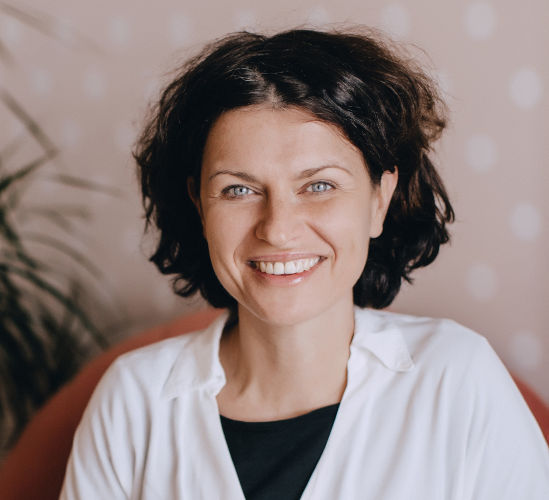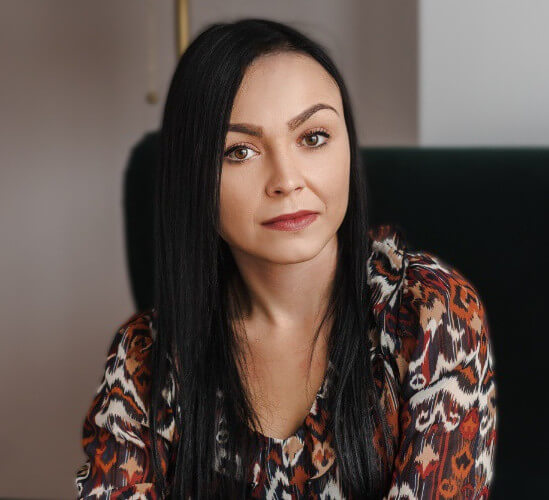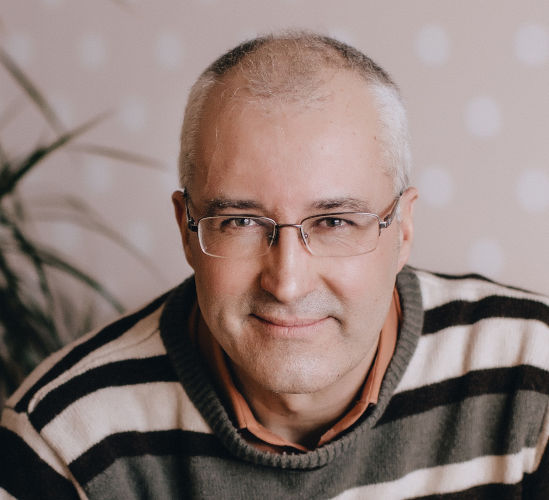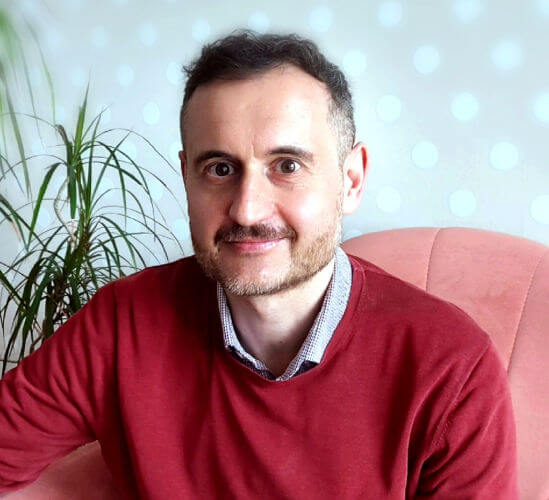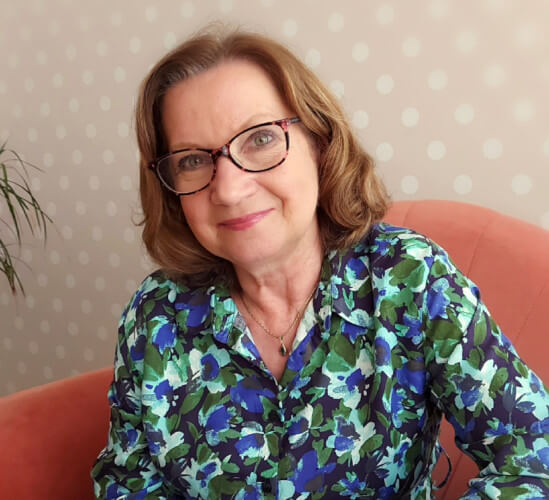We deal with broadly understood help in the psychotherapeutic, psychiatric and coaching spheres.

IN-MED CENTRE -Psychotherapeutic and psychiatric clinic in Warsaw, Bemowo
Are you looking for a psychologist, coach or psychotherapist in Bemowo, Warsaw? Welcome to the IN-MED Centre dealing with broadly understood help in the field of the psychotherapeutic, psychiatric and coaching.
We are a professional team of experienced psychotherapists and coaches.
We work in a modern humanistic – experiential approach, which due to its dynamic development and numerous scientific research shows proven effectiveness in a variety of clinical problems.
Please do not hesitate to contact us!

PSYCHOTHERAPY BEMOWO WARSZAWA
TEAM OF PSYCHOTHERAPIST


WELCOME TO THE IN-MED CENTRE
How we help
- Difficulty with stress
- Depressive symptoms
- Neurotic and anxiety symptoms
- Sleep disturbance
- Diagnosis and treatment of ADHD
- Autism diagnosis
- unexplained somatic complaints
- sexual dysfunctions
- difficulty communicating
- help for people during emotional crises
- eating disorders (anorexia and mental bulimia)
- personality disorder
Our services
FAQ
Remote consultations
- A remote visit/session (also known as e-visit, tele visit or online appointment) is in Poland an equivalent to in person visit in the clinic. It cannot fully replace a direct medical examination or psychological consultation and it should only apply in those situations if,for important reasons, adirect consultation cannot take place. We recommend the remote appointments should be only complementary and apply to follow up visits.
- In crisis situations (for instance during threat of epidemic) it is a recommended form of healthcare service provided by doctors, psychotherapists, psychologists and addiction therapists. In such circumstances, even the first visit can take place remotely and should be in the form of video call, where both the patient and the therapist/doctor can see each other, and the doctor/therapist can establish the identity based on the photo ID provided.
- Remote appointment/consultation takes place via a telephone or video conversation ensuring encrypted communication. To minimize the risk of third parties’ interference, youshould ensure that you have the latest version of communication programme, updated operating system and anti-virus programme.
- Remote appointment/remote session is much more convenient than traditional in person appointment, because it can take place anywhere.In case of remote video consultations, access to internet is necessary.
- A remote appointment/session can take place outside theplace of residence. Moreover, the patient doesnot have to wait in a queue.They also do not waste time and are not exposed to contact with sick people, who can spread microbes. A remote appointment/consultation is also a great solution to those patients who live far from the clinic or hospital. Thanks to online appointments people do not have to travel, especially in winter when road conditions are not conducive to travel.
- Forappointments carried out remotely, we usually use HaloDoctor application/platform, Skype or WhatsApp applications.HaloDoctor app does not require installation of any software. After arranging an onlinesession, the patient receives a link for a video consultation via an email. After clicking on the provided link, the patientjoins doctor/therapist in a virtual consultation room. Video consultation allows for empathic relations between both parties and patient observation of their facial expressions, reactions, behaviour whichlike in person visitallows to evaluate a person’s state of mind.
- If the appointment/session is carried out by smartphone, it is necessary, that the telephone is stationary to allow stable camera image.
- Privacy and honesty. Mental health problems are very intimate spheres of every person. That is why it should not be discussed in the presence of third parties, (for example members of the family). Their presence can cause discomfort in disclosing important matters relating to relationships, important intimate details relating to various aspects of patient’s health, which might not give the full picture of the patient’s problems. This can lead to wrong diagnosis and wrong therapeutic treatment. We suggest using headphones with microphone, so only the specialist’s questions are heard by the patient. Presence of third parties, is possible, but only after agreement by the specialist and patient.
- Doctor, psychotherapist or psychologist should verify patient’s identity; therefore, photo ID should be prepared. During the appointment the specialist keeps documentation of treatment, therefore patient’s personal details are needed such as forename, surname, address, PESEL. In the case of people with intellectual limitations or legally incapacitated also details of their guardian are required. Since the direct verification of a physical ID is not possible, everyeffortshouldbe made to reducethe risk of offering advice or issuing prescription to an unauthorised person. In the patient’s records you should find written an identification procedure.
- The doctor or psychologist do not accept responsibility for the information provided by the patient, which is incomplete, false or incorrect, especially in the case of providing third parties’ data without their knowledge or consent. The consequences of providing false, incomplete, incorrect, misleading data or other incorrect data fall on the sole responsibility of the patient.
- What to prepare before the appointment? Information sheets of hospital treatment, laboratory tests results, (such as CT or MRI scans), medical certificates, list of all medications taken currently and in the past regardless of the cause (psychiatric or otherwise). Records of past medical history, accidents, hospitalization and general documentation and information regarding the state of patient’s health. It is recommended to send to doctor’s email address before the visit, copies of scans (or legible photos from a mobile phone) of medical documents.We suggest turning off other applications before the online visit starts, so notifications and chats do not distract the session. If you have wi-fi connection we recommend switching to flight mode and later restarting wi-fi, so the session won’t be disrupted by telephone calls.
- During the visit the doctor can issue an electronic prescription in electronic form, which will be delivered by SMS/MMS or email. The Doctor can also provide an electronic sick notee-ZLA if there is such indication. The doctor can also refer a patient for additional tests or to refer toother specialists, (such as a psychologist or an endocrinologist) or recommend psychotherapy.
- Some of the medical certificates or referrals are only valid provided the physical copy with a signature and stamp is also kept (i.e., OL-9, health certificate for the purpose of proving disability or certificate of fitness for work. It could be sent to the patient by post or delivered by other means arranged with the specialist.
- If the mental state of a person receiving psychiatric treatment (currently or in the past) deteriorates, the symptoms of the current illness worsen leading to a direct threat to patient’s or other people health or lives, the doctor can decide to hospitalize the patient without their consent (information on this listed in Article 22-24 of the Mental Health Act). Acting in the case ofurgent health risk is regulated by Article 4 of the act on state emergency medical services. Whoevernotices a person or people who find themselves in the state of sudden health emergency are obliged to immediately act to effectively notify the relevant entities appointed by law to provide immediate help to the person who experiences sudden health risk.
- Doctor, psychotherapist or psychologist should identify the patient, which is why the patient should have a photo ID ready. During the appointment, the specialist keeps the documentation of treatment, therefore he needs the patient’s personal information such as forename, surname, address, PESEL – In the case of people with intellectual limitations or declared legally incapacitated, the details of the caregiver are also required. Since it is not possible to identify the patient by means of aphysical ID, it is necessary to have all the procedures in place to reduce the risk of giving advice (prescribing medicine) to an authorised person. In the documentation you should find the description of procedure to identify the patient.
- To carry out remote visits we use such applications as: HaloDoctor, Skype or WhatsApp. HaloDoctor application does not require the installation of any software. Upon appropriate agreement, the patient receives alink to the videocall to his email. By clicking on the provided link, the patient joins the professional in the virtual room where the video call is established. Video call allows for an empathetic relationshipof interlocutors, and to observe the patient, their facial expressions, reactions and behaviour, which, as when visiting the clinic, allows for amore complete assessment of the patient’s mental state.
- If an online video consultation is carried out over the smartphone it is necessary at the start, that the telephone stands still, which allows for a stable image from the camera. Before the visit starts, we recommend pausing other communication applications to prevent distraction from calls and notifications. If you have access to wi-fi we recommend switching to flight mode and then starting wi-fi and then the sessions will not be interrupted by phone calls.
- What to prepare before a visit? Information sheets of hospital treatment, laboratory tests results (CT and MRI), certificates, list of all medicines taken currently and in the past regardless of the cause(not only psychiatric medicines). Information about previous illnesses, accidents, hospitalisations and generally all information and documentation relating to the patient’s state of health. Scans (or legible photos from mobile phone) of medical documents should be sent in advance to a specialist at the e-mail address provided (after agreement).

in-med news
What we do and what we write

New team member – Michał Kowalski
We are very pleased to inform you that the IN-MED team has recently been strengthened by the addition of Michał Kowalski. Michał is a humanistic-experiential
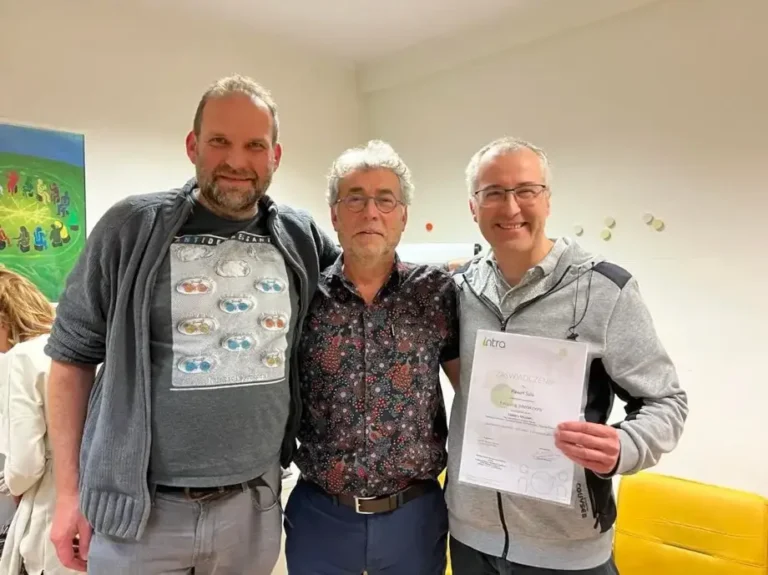
Interactive focusing
Between 23 and 25th May in Warsaw we were holding therapeutic workshops – ‘Interactive Focusing’ led by the outstanding psychotherapist and psychologist from Belgium –
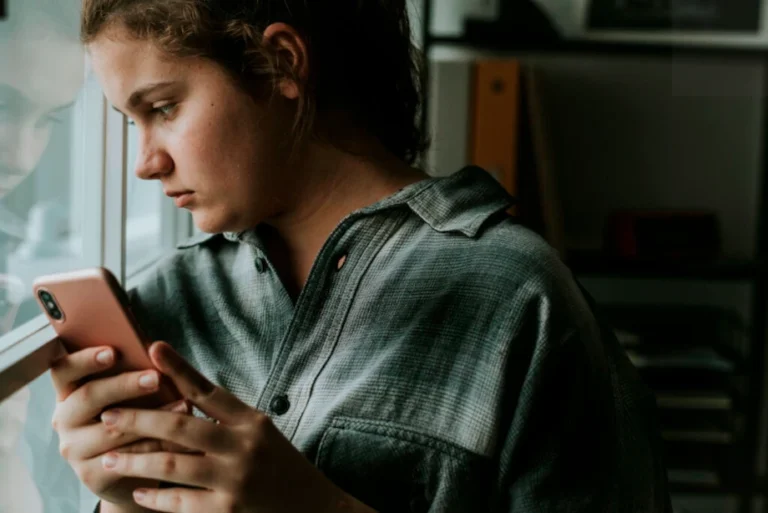
Teenager at a psychologist – first visit
Adolescence is a turbulent time in a young person’s life. What adults call teenage rebellion can hide emotional problems or even depressive disorders. A child



